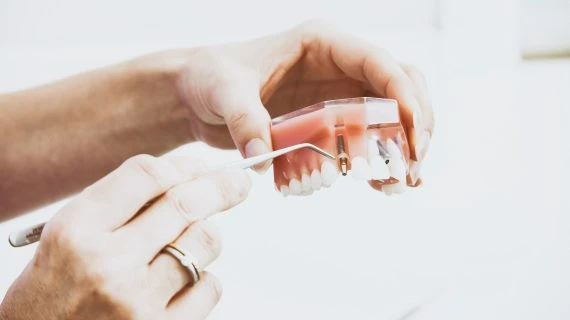All-on-4 Dental Implants: A Long-Lasting Solution for Missing Teeth
All-on-4 dental implants offer an innovative and minimally invasive solution for individuals who have lost most or all of their teeth. This procedure involves placing four strategically positioned implants into the jawbone, which then support a full arch of fixed replacement teeth often completed in just one day.
All-on-4 implants are an excellent option for patients with severely damaged teeth or total tooth loss, and are also suitable for those with reduced bone density, as the implants can be angled to maximize support and stability without the need for bone grafting.






















